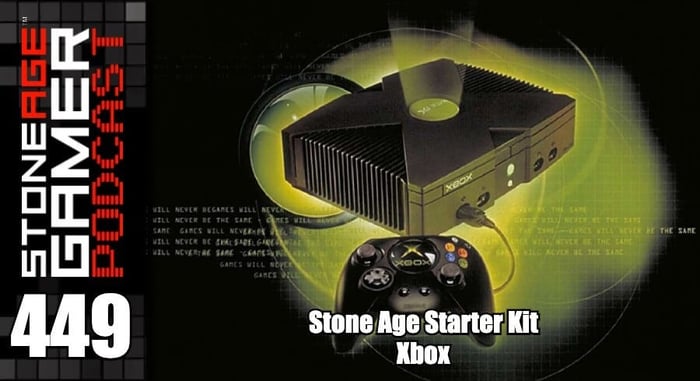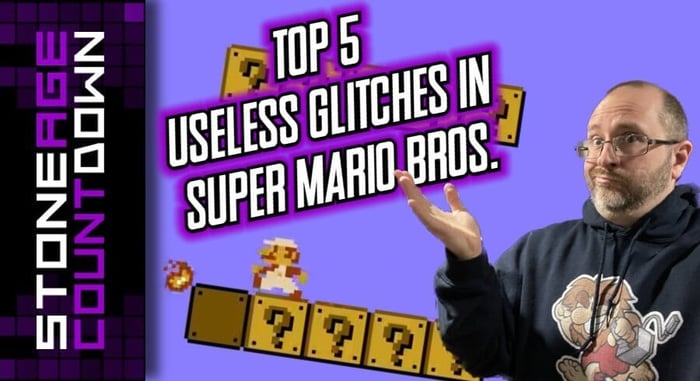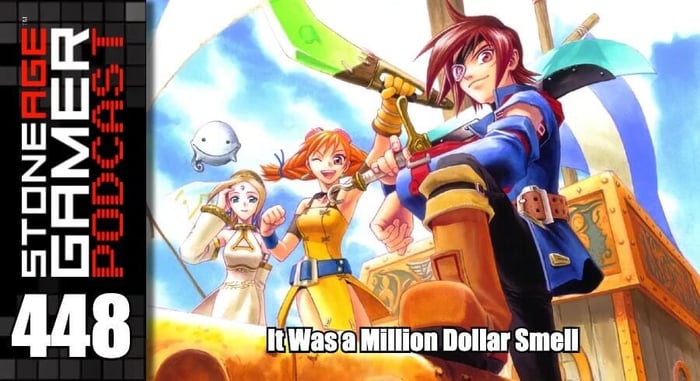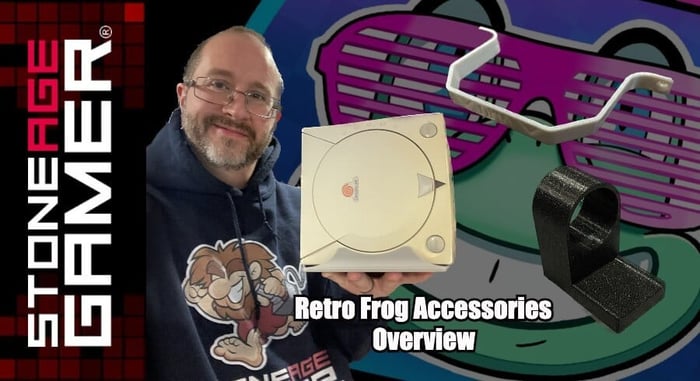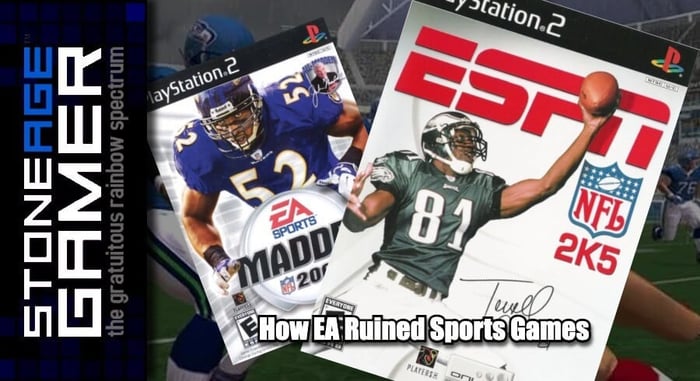
How EA Ruined Sports Games for Everyone
Dirty pool, old man!
Video games and football have a fantastic history together. From the early days of Atari Football in the arcades to the all-time classic Tecmo Bowl on NES, football and video games have always been tight. Today though, things are considerably more strained, because for lack of a better phrase, EA ruined sports games for everyone. If you want to play football, EA’s Madden NFL is basically the only game in town. How did we get here? It’s a pretty wretched story.
There are no shortage of reasons for modern day gamers to dislike Electronic Arts. They’ve been at the forefront of just about every type of exploitative form of in-game monetization for ages. Before that though, EA earned its reputation as the king of home console sports games. Their various sports series like NHL Hockey, NBA Live, Tiger Woods PGA, and the like have been staples since the Sega Genesis days, and a lot of that is owed to their flagship series (in the US, anyway) John Madden Football.
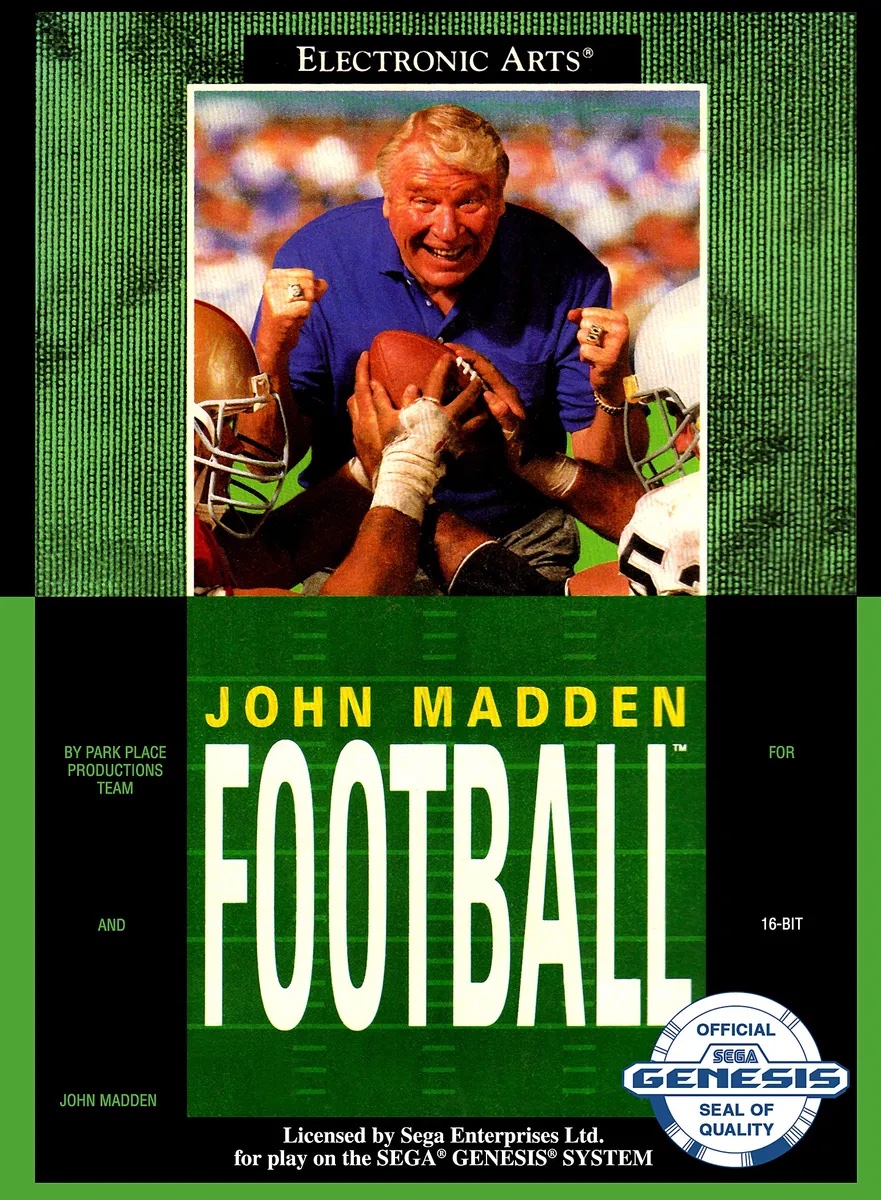
EA’s Madden series changed the way people played football video games and skyrocketed to massive popularity in no time. Every year, new iterations came out boasting updated rosters and new gameplay features. Not every year was a massive evolution for sure, but the effort was there. And it had to be, because there was always someone ready to step in and fill Madden’s shoes as the slighted sign of a slip up, especially during the 32/64-bit generation.
While EA continued to dominate in the football arena, other companies were releasing their own football games year after year in an effort to get a piece of that football pie. NFL GameDay, NFL Quarterback Club, NFL Fever, NFL Blitz, the competition was fierce and plentiful. Madden had the name recognition though, and they maintained a quality enough product to stay at the head of the pack for ages.
Welcome to the Next Level
Another company was also known for their sports games though, and they had something up their sleeves. John Madden Football found its success on the Sega Genesis, and as such Sega earned just as much of that sports game reputation as EA did. The perception has always been that EA’s games are considered to be superior on Genesis compared to their Super NES counterparts. Not only that, but Sega had their own well-loved football games with their SportsTalk and NFL series.
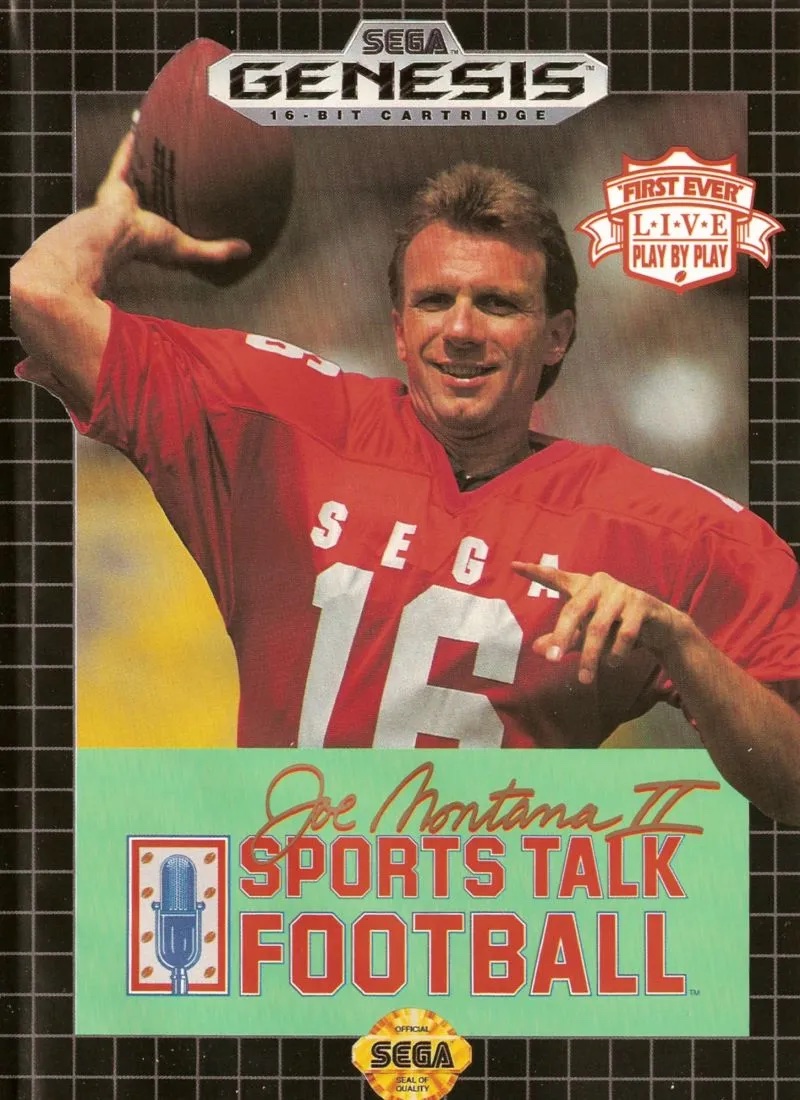
However, Sega and EA had a bit of a falling out, with EA ultimately dropping support for Sega platforms ahead of the launch of the ill-fated Dreamcast. Sega wasn’t too concerned though because they had the next big evolution of football video games right there in their pocket. Visual Concepts’s NFL 2K launched on the Sega Dreamcast on September 9, 1999 and suddenly Madden just didn’t look as good anymore.
Football of the Future
NFL 2K was a massive success for Sega, but while it certainly took a chunk out of Madden’s popularity at the time, it also had the unintended consequence of increasing hype for Madden’s eventual transition to next generation hardware, specifically the PlayStation 2. Once that happened, the competition got more fierce than ever.
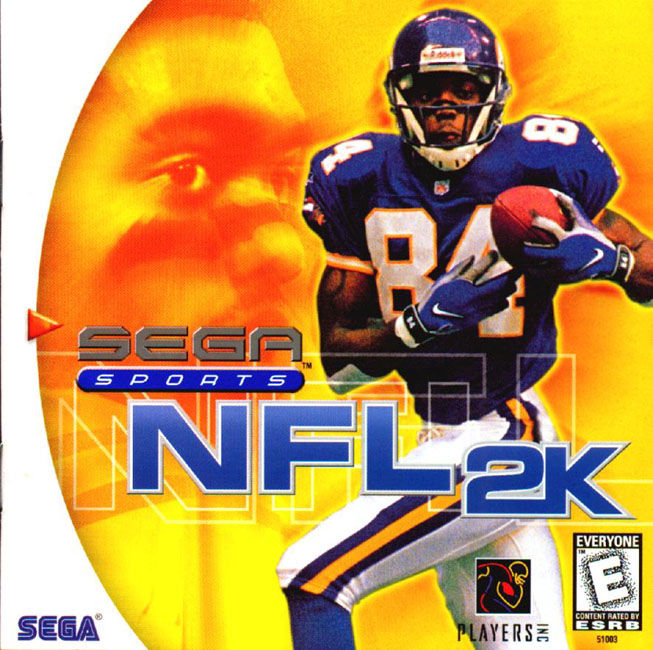
NFL 2K and Madden challenged one another year after year, and Sega’s team was making headway. The 2K games featured a licensed ESPN presentation as well as what a lot of players considered to be superior gameplay over Madden. EA’s game was still the market leader, but the gap was closing. So Sega, confident that they truly had the superior football experience, made an incredibly bold move that would threaten Madden’s supremacy like never before.
TerraOnion MODE - Dreamcast, Saturn & PlayStation ODE

$259.99
Download User Manual Here: https://shop.terraonion.com/media/public/shop/products/manuals/mode_manual.pdf Saturn/Dreamcast: WARNING: We consider this an Intermediate Level upgrade for the Saturn/Dreamcast. Meaning only those with some experience upgrading, disassembling systems, etc....… read more
Out of Stock
Sega was convinced that the only reason their 2K series wasn’t outselling Madden was because not enough people had tried it yet. Everyone was so used to Madden, it wasn’t worth the risk to drop $50 on something different. But if Sega could get everyone to try out NFL 2K, they would surely drop Madden, right? So Sega decided to make a one time deal with gamers. ESPN NFL 2K5 would release for the shockingly low price of just $19.99. This was a heck of a gamble, but it held the potential to level the playing field in a very big way.
NFL 2K sold a bajillion copies, and the word of mouth was overwhelmingly positive. Their strategy had paid off. They worked hard to create a superior football game for years, and they finally had the audience support they were hoping for. Sega’s NFL 2K series had dethroned Madden as the undisputed king of football video games.
Sega’s willingness to take a loss on copies of NFL 2K5 in support of selling way more games in the long run was a crazy cool strategy, and one that EA wasn’t very fond of. But what could they do? Sure, they could try to make a better football game than Sega, but that would take work. Effort. Talent. Innovation. Who has time for that?
If You Can't Beat 'em, Buy 'em!
Instead, in one of the grossest moves I think I’ve ever seen in the history of video games, Electronic Arts decided to beat Sega by out-spending them. EA bought exclusive licensing rights from both ESPN and the NFL, completely crippling Sega’s NFL 2K series. They probably could have survived with the loss of ESPN, but the NFL too? That’s the ball game, for lack of a better expression. Sega couldn’t use teams, names, stadiums, or anything related to the NFL itself. Sure, they could make a generic football game if they wanted to, but without real teams, they knew there was no way they’d be able to compete.
Competition was officially dead in the world of video game football. If you wanted to play a football game, Madden was your only option. With no competition, EA no longer had any real incentive to improve Madden year after year, and it showed in the games overall favorability among its audience.
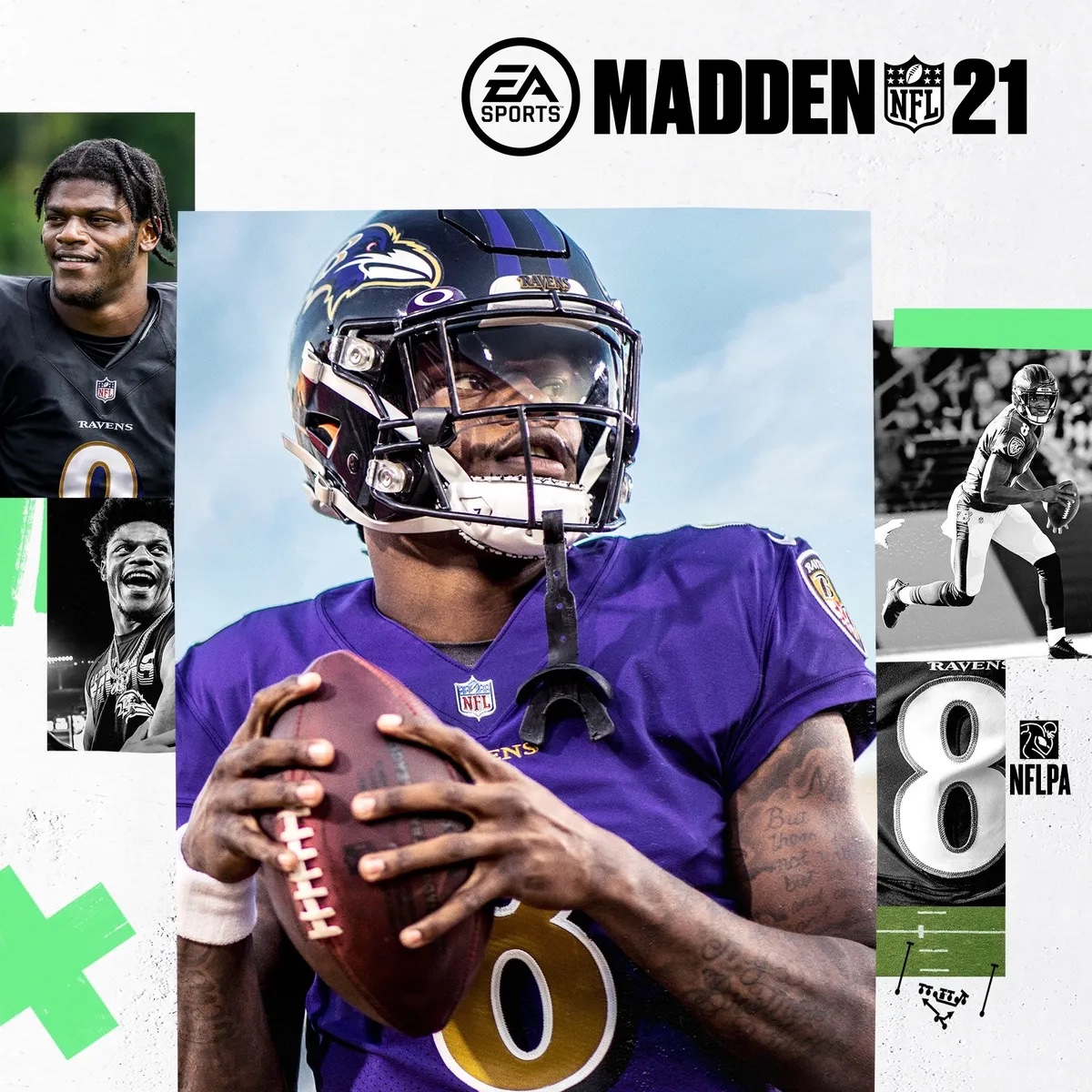
Sega tried in vain to counter back by purchasing exclusive MLB rights, which unfortunately put a stop to EA’s legitimately good MVP Baseball series, but the best Sega was able to do was secure 3rd party rights, which meant that first party companies could still make their own officially licensed baseball games. Sony's MLB series, eventually called The Show, blew the competition away, and MLB 2K eventually went under as well.
And that’s the long and the short of it. Electronic Arts, once proud innovators in the football video game scene, chose to simply buy the competition instead of trying to innovate their way back into the top spot, initiating a trend of exclusivity deals that has all but eliminated meaningful competition in sports video game development. It’s a move that I’ve always found unbelievably gross, and even as someone who doesn't play many sports games, I've noticed a disturbing drop in overall quality in the genre.
Competition breeds innovation, and with nobody out there giving these companies a run for their money, things have become stagnant. EA’s unwillingness to play fair has made gaming worse for everybody, football fans in particular. Coupled with the NFL’s various other lucrative exclusivity deals making even watching regular games on TV more and more difficult as people cut expensive cable plans out of their lives, as well as a litany of issues regarding players rights and safety, football itself has been making itself increasingly hard to love for decades now. Which is a real shame because for all its faults, there’s always been a certain undeniable magic to the sport. I’m not personally much of a sports guy, but when football season is in full swing, there’s always a sense of energy around. Back when I worked at FuncoLand, we would line all our interactives with the newest football games side by side so people could compare them and argue (good naturedly) about which was better. But all of that went away. What could sports games look like today if those kinds of exclusivity deals weren’t a thing? I don’t know, but I bet it would be a whole lot cooler than the loot box fueled, live service endorsing nightmare we’re living in now.


